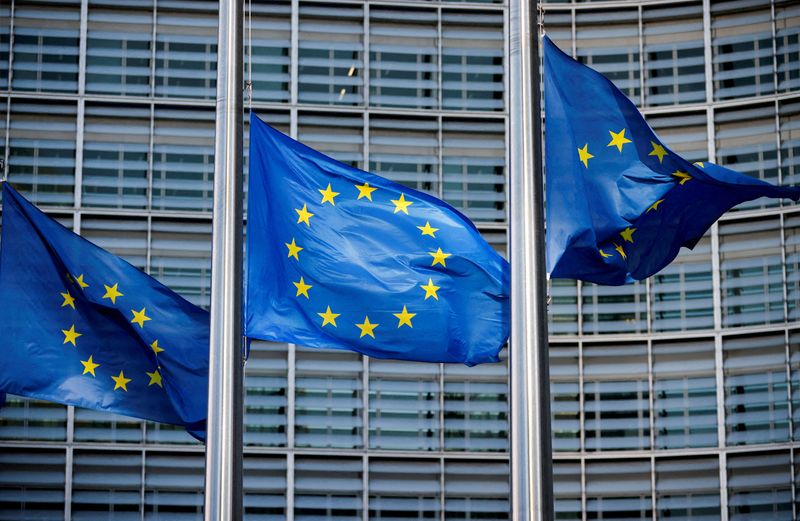BRUSSELS (Reuters) – European Union governments on Monday formally approved new legislation aimed at requiring 40 percent of solar panels, wind turbines, heat pumps and other clean technology equipment to be produced in the bloc, allowing European industry to compete with U.S. and Chinese rivals.
The Net Zero Industry Act (NZIA) will come into force next month or early July once it is signed by the President of the European Parliament and the President of the European Council and published in the EU's Official Journal.
Why is this important?
The bill is central to the EU's efforts to become a world leader not only in reducing greenhouse gas emissions but also in manufacturing the needed technologies.
Europe is increasingly reliant on China, which is expected to account for 80% of global solar power capacity, and the EU is also concerned that $369 billion in green subsidies in the U.S. Anti-Inflation Act could entice European producers to relocate.
context
The EU has a 2030 target to domestically produce 40% of the products needed to reduce greenhouse gas emissions, including renewables, nuclear, heat pumps, electrolyzers and other decarbonisation technologies including carbon capture.
The EU also aims to reach 15% of global production of these technologies by 2040.
The NZIA proposes to streamline the granting of permits for projects that boost EU manufacturing, with most being issued within six to nine months.
Public authorities buying clean technology products will have to make their choices based not just on price but also on the sustainability and resilience of the products – that is, the extent to which the EU is dependent on supplies from a single third country, by 30%.
Achieving the target will be particularly difficult in the solar power sector, given that EU manufacturers supply less than 3% of the EU's panel installations and are fighting for survival. The EU's wind energy sector is much stronger, but Chinese companies are gaining a foothold.
(Reporting by Philip Blenkinsop; Editing by Mark Potter)


